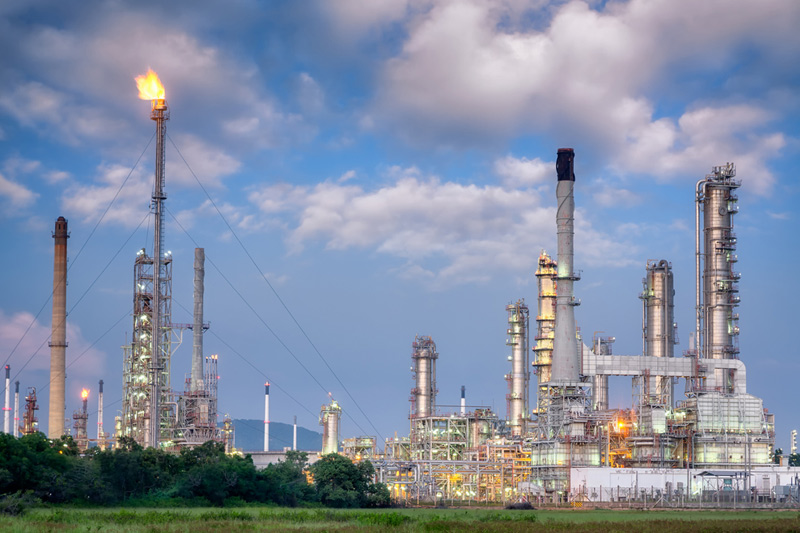(Bloomberg) -- Saudi Arabia is planning to pump a record amount of crude in July, embarking on one of its biggest-ever export surges to cool down oil prices, according to people briefed on the country’s output policy.
State oil company Saudi Aramco is aiming to boost production next month to about 10.8 million barrels a day, the people said, asking not be named discussing confidential information. That would surpass the previous high of 10.72 million barrels a day in November 2016, illustrating its unprecedented response to the pressure U.S. President Donald Trump has put on OPEC to supply more oil.
Saudi Energy Minister Khalid Al-Falih committed at last week’s meeting of the Organization of Petroleum Exporting Countries to "do whatever is necessary to keep the market in balance" and prioritize its customers.
Saudi Arabia, the world’s largest oil exporter, told OPEC it pumped 10.03 million barrels a day in May. The actual production level in July will depend on demand for exports and domestic consumption, so could end up ranging between 10.6 million and 11 million barrels a day, the people said. Domestic oil use surges during summer months as the kingdom burns crude to generate electricity for air conditioning.
Saudi officials didn’t immediately respond to a request for comment.
U.S. Pressure
Although OPEC gave no figures in its communique about the output increase and ministers offered contradictory estimates, Al-Falih said the total hike from the cartel and its allies -- including Russia, Oman, and Kazakhstan -- would be "closer to 1 million than to 600,000 barrels a day."
He declined to say last week how much the kingdom would pump in July, but promised a month-on-month hike in the order of "hundreds of thousands of barrels" rather than "ten of thousands."
Within 48 hours of the group’s meeting, U.S. Energy Secretary Rick Perry said the OPEC+ boost "may be a little short" of what’s required to prevent an oil price spike over the summer.
"Seven hundred thousand barrels a day is what they are going to, and we need about a million," he said. "Obviously, we have a market that is stressed from the standpoint of supply."
Saudi Arabia is under pressure from the White House to pump more oil ahead of the U.S. midterm elections in November. Trump has publicly complained about OPEC policy and rising oil prices on Twitter. Moreover, U.S. lawmakers have resurrected the "No Oil Producing and Exporting Cartels Act," or NOPEC, which proposes making the group subject to the Sherman antitrust law that was used more than a century ago to break up the oil empire of John Rockefeller.
"Looks like OPEC is at it again," Trump wrote in mid-April in a post on Twitter. "Oil prices are artificially Very High! No good and will not be accepted!" He criticized the cartel again in May and after last week’s meeting.
Al-Falih said on Sunday after the conclusion of the meeting between the OPEC and its allies that Aramco had the decision to boost output and was already ramping up shipments.
Data for early June compiled by Bloomberg showed a significant jump in exports from the kingdom, with shipments in the first 20 days of the month running about 500,000 barrels a day higher than the average for the whole of May.
If sustained, that would indicate the biggest monthly output increase in more than a decade and suggests that Aramco has already raised output this month to a level that’s higher than many in the market expected.
The Saudi state oil company is putting part of the extra production on storage, according to the same people. Aramco has tank farms within the kingdom, plus overseas in three strategic locations: Okinawa in Japan, Sidi Kerir in Egypt, and Rotterdam, in the Netherlands. Tanker tracking data for June shows a large uptick in Saudi oil shipments into Egypt.
